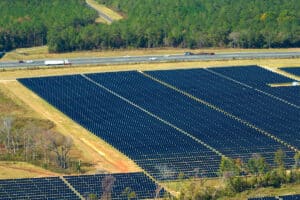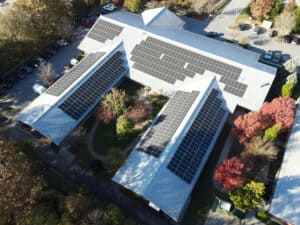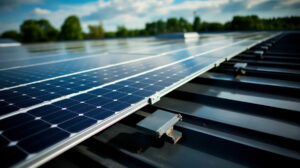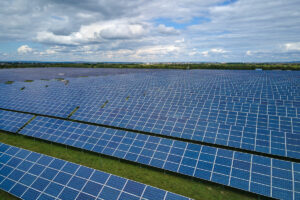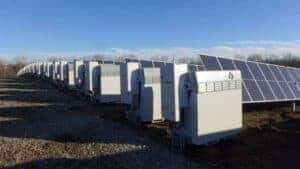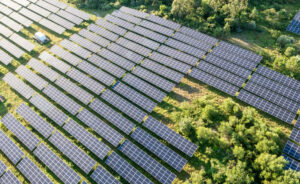In the wake of COP26, the United Nations climate conference, President Biden signed a $1.2 trillion Infrastructure Investment and Jobs Act into law on November 15, 2021. This infrastructure bill is the first of two parts to the Biden Administration’s plan for federal investment in US infrastructure. The second part, known as the Build Back Better bill includes new tax incentives and extensions or increases of existing incentives for renewable energy alternatives such as solar, wind, geothermal, and energy storage technologies to name a few. Outlined below are the provisions of this infrastructure bill, and how they will affect the energy industry.
Key energy provisions
Renewable Energy Projects
This bill along with the Department of Energy (DOE), Departments of Interior, EPA and Labor Department will facilitate and solicit funds for clean energy project development. To be eligible for funding, projects have to propose the adoption of commercially viable technology as a current or former mine site. This project must also reduce greenhouse gas emissions while creating new jobs and economic development. Funding will be prioritized for projects proposed in areas that are economically distressed or areas with dislocated former fossil fuel employees.
Battery Storage
The DOE will also provide funding for battery storage systems through grant application programs. Six billion dollars will be allocated to battery storage funding over five years. This includes $3 billion for raw products and advancing battery manufacturing and $3 billion to bring portions of the battery supply chain to the US. These efforts will make battery storage cheaper in the US, making now the perfect time to begin a battery storage installation project.
EV Charging Infrastructure
This infrastructure bill seeks to expedite electric vehicles (EVs) in order to reduce air emissions. Over $7 billion has been allocated to build out national EV charging infrastructure over five years to achieve this purpose. A grant program has also been established with this infrastructure bill to support building a network of 500,00 EV chargers across the US. Local and state government entities can apply to carry out projects with the Department of Transportation in publicly accessible locations. Rural and low- & middle-income communities with limited parking and/or a significant amount of multi-unit housing properties will be prioritized.
Public School Energy Efficiency Fund
The infrastructure bill includes a $500 million grant program over five years for efficiency building codes in public schools. Grants will be available to public schools with the purpose of improving indoor air quality, making repairs or renovations that directly reduce energy costs or installing alternative fueling technology. If your public school is in need of these services, this is the perfect time to consider implementing them. Read more about public school energy solutions here.
Want to learn more about the infrastructure bill?
If you would like to read more about the provisions in the infrastructure bill, click here. If you would like to stay updated on all energy industry news, make sure to subscribe to our blog by clicking the button below.

